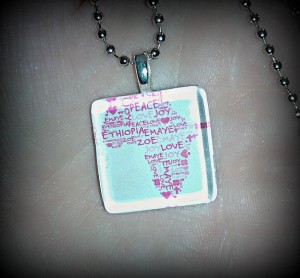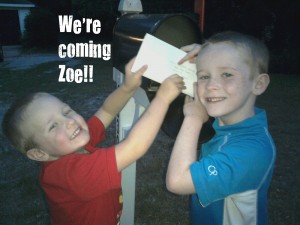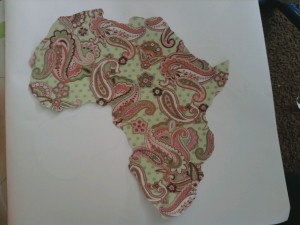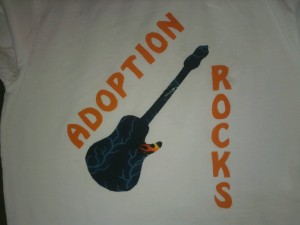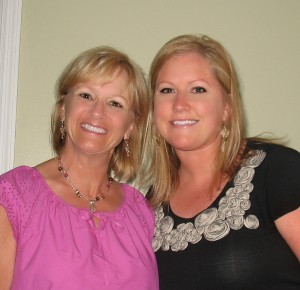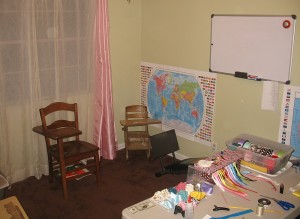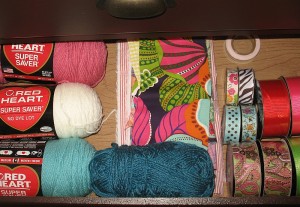Have I ever done a post on our homeschool curriculum/program of choice? I’m not sure that I have so here it is.
Classical Conversations was founded by Leigh Bortins. Here is the mission statement in the catalog:
Our mission is to know God and to make Him known. In every subject, God has hidden His truth and beauty. It is our pleasure as students and teachers to discover Him as we learn. Our studies should also prepare us to reason clearly, speak eloquently, and write convincingly so that we have the ability to make God known to others.
Classical Conversations combines a biblical worldview with classical tools. The classical model divides learning into three stages:
1) the grammar stage: memorizing facts
2) the dialectic stage: discovering how the facts relate
3) the rhetoric stage: applying the facts.
The Bible refers to these stages in Proverbs 24:3-4 as knowledge, understanding, and wisdom.
Of course my children are in early elementary school, so they are in the grammar stage, also called Foundations. Each week they are presented with new material to memorize in the following subjects:
math
Bible
history
science
geography
Latin
grammar (English)
timeline (each week the children learn eight new points on the timeline, starting with creation all the way through modern America. Bible history and world history are mixed in chronologically; it’s incredible!)
An example of a history sentence: “In 1517 Martin Luther began the Protestant Reformation by printing the Ninety-five theses which made Pope Leo X excommunicate him; later John Calvin joined the reformation.”
In the early years, it’s completely up to you as to how much you want to add to your memory work. For example, you could go to the library and check out books on Martin Luther, John Calvin, and/or the Protestant Reformation. OR, you can choose to do nothing else with that information. It’s okay! The great thing is, most of the memory work is available on an audio CD and put to music. These songs get stuck in our head for weeks at a time! It’s great. It is absolutely amazing how easy it is for children to memorize while they’re young. Then, when they’re older, all of that information that they drilled and drilled in the early years, is still there readily available for expanding upon.
You have to add your own Math, Reading, Language Arts, and Spelling. Leigh Bortins recommends Saxon Math. This is our first year using Saxon and we’ve enjoyed it. We use Language Lessons for English and Sequential Spelling for…spelling. We’ve used different things for each child’s reading. My first son learned to read using Teach Your Child to Read in 100-Easy Lessons. My second son learned to read using Abeka phonics. They both read equally well. 100-Easy Lessons was definitely faster; we’ll probably use that with our third son next year.
We are blessed to have a CC co-op in our area. We meet on Tuesdays for 12 weeks in the fall and 12 weeks in the spring. For three hours, the children are introduced to their new memory work for the week, they conduct two science experiments and an art project. Our CC community has been such a blessing to us this year. I will be teaching in the fall and I greatly look forward to it.
In the fall my boys will be in pre-k, second, and third grade…although my second grader may claim to be in third grade because we’ve managed to catch him up with his older brother so they use all of the same materials, even in math…it’s very convenient for Mommy!
We love Classical Conversations and the classical biblical model that it follows. I don’t see us ever changing….unless the Lord says otherwise.
~audrey

